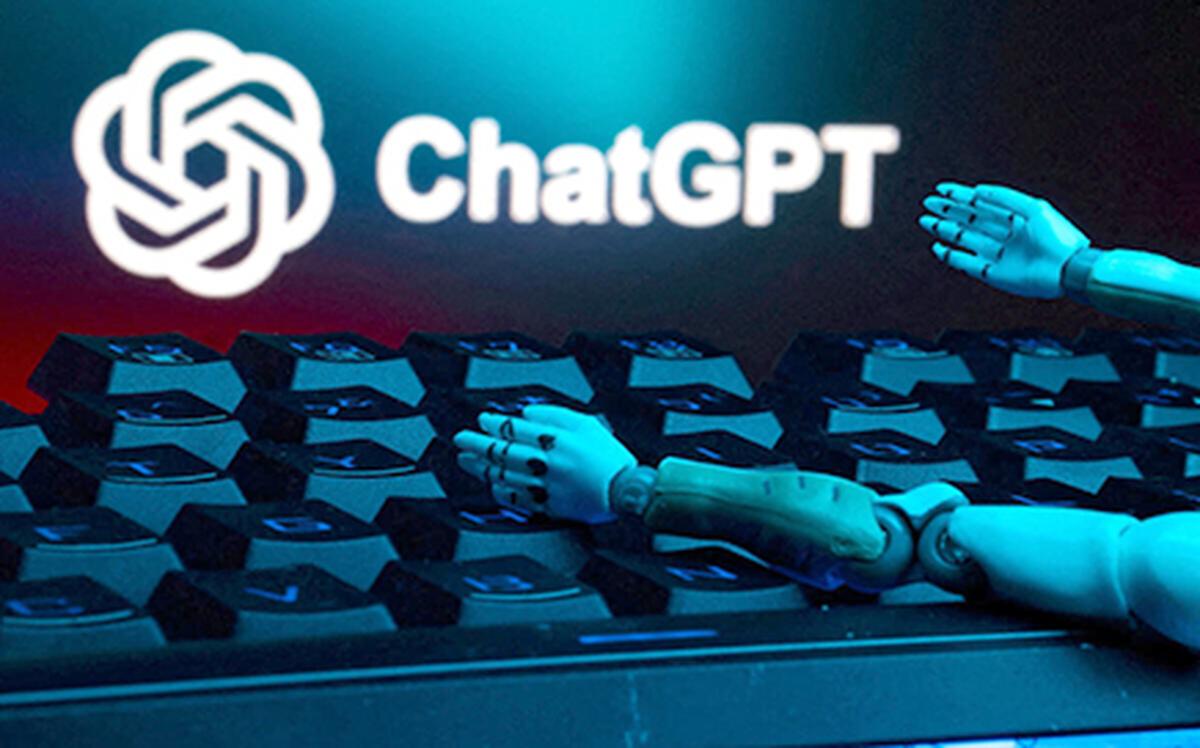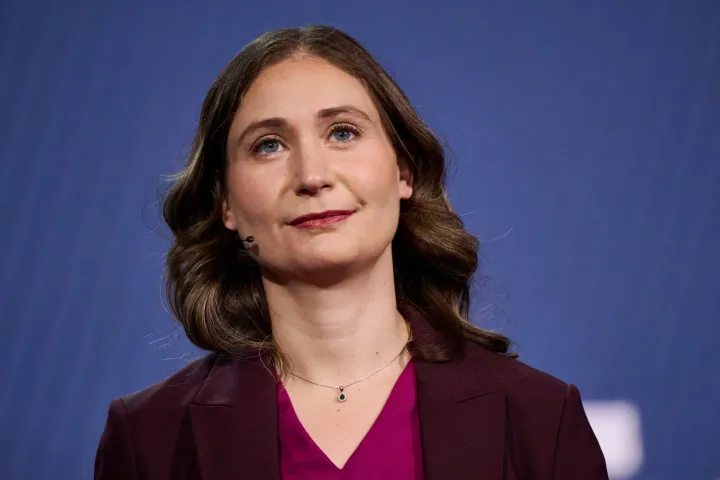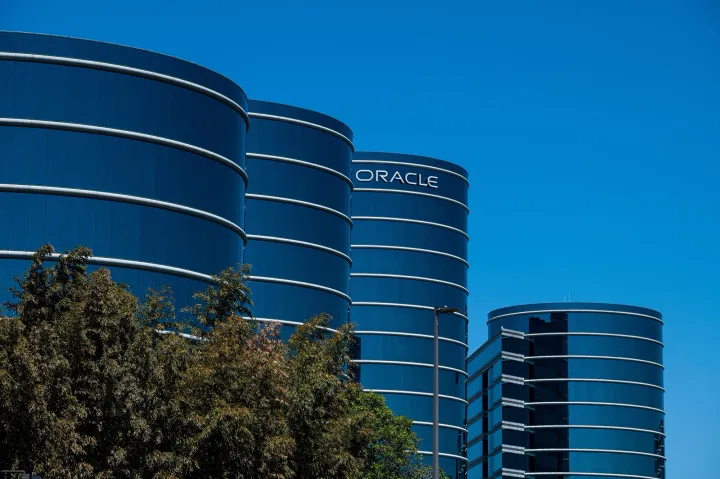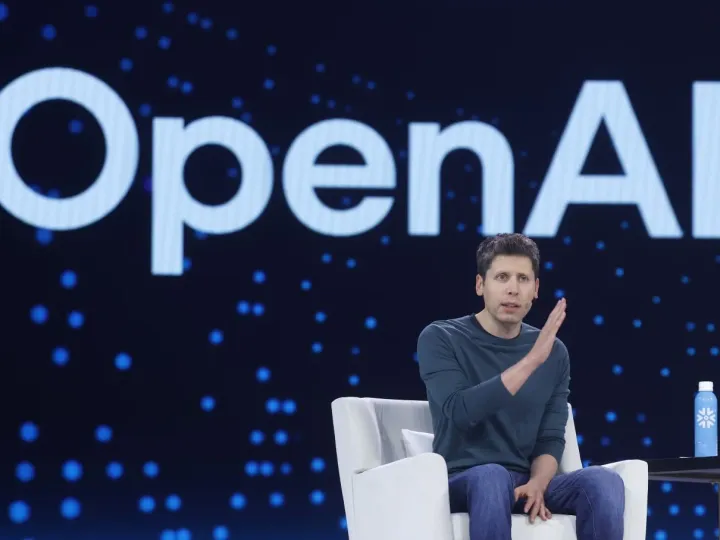ChatGPT Overloaded! Viral Ghibli AI Art Trend Crashes Servers

ChatGPT Breaks Records with Ghibli-Style AI Art—But Is It Legal?
The Ghibli Effect: How AI Art Took Over the Internet
A new viral trend has taken social media by storm, and it’s all thanks to OpenAI’s latest image-generation tool. Users have been flooding platforms with AI-generated art mimicking the iconic animation style of Studio Ghibli, the legendary Japanese studio behind beloved films like Spirited Away and My Neighbor Totoro.
The phenomenon, dubbed the "Ghibli Effect," has led to a record surge in ChatGPT usage, causing temporary server overloads and raising serious questions about copyright and AI-generated content.
ChatGPT Usage Hits Record High
According to market research firm Similarweb, the viral trend pushed ChatGPT's weekly active users beyond 150 million, marking its highest user engagement this year. OpenAI CEO Sam Altman took to X (formerly Twitter) to highlight the massive growth, stating:
"We added one million users in the last hour alone."
This explosion in activity comes after OpenAI rolled out updates to its GPT-4o model, enabling advanced AI-generated images. According to SensorTower, key metrics spiked:
- Global app downloads increased by 11%
- Weekly active users grew by 5%
- In-app subscription revenue rose by 6%
The sheer demand led to multiple glitches and temporary outages for ChatGPT, with OpenAI scrambling to scale up its infrastructure.
The Legal Storm: Copyright Issues with AI-Generated Ghibli Art
While the internet is loving these AI-generated images, legal experts are sounding the alarm. The biggest concern? Copyright infringement.
Evan Brown, a partner at law firm Neal & McDevitt, weighed in on the debate:
"The legal landscape of AI-generated images mimicking Studio Ghibli’s distinctive style is an uncertain terrain. Copyright law typically protects specific expressions rather than artistic styles themselves."
This means while an AI-generated image inspired by Ghibli's style may not be outright illegal, direct replications of the studio's work could raise legal concerns.
Miyazaki's Disapproval Resurfaces
As the AI-generated Ghibli-style art trend exploded, an old interview with Studio Ghibli co-founder Hayao Miyazaki resurfaced. In a 2016 clip, after being shown an early AI-generated animation, Miyazaki reacted with visible disgust:
"I am utterly disgusted. I would never wish to incorporate this technology into my work at all."
Miyazaki’s strong stance against AI in animation has fueled further debate over whether AI-generated art complements or threatens traditional artistic expression.
What’s Next for AI Art and Copyright?
As AI-generated content continues to evolve, companies like OpenAI may need to navigate complex legal waters. While no lawsuits have been filed against OpenAI over the Ghibli-style images yet, the question remains:
- Can AI-generated art truly be "original"?
- Should AI tools be allowed to mimic specific artistic styles?
- Will copyright laws adapt to cover AI-generated content?
For now, AI art is here to stay—but whether it will thrive without legal battles remains to be seen.



